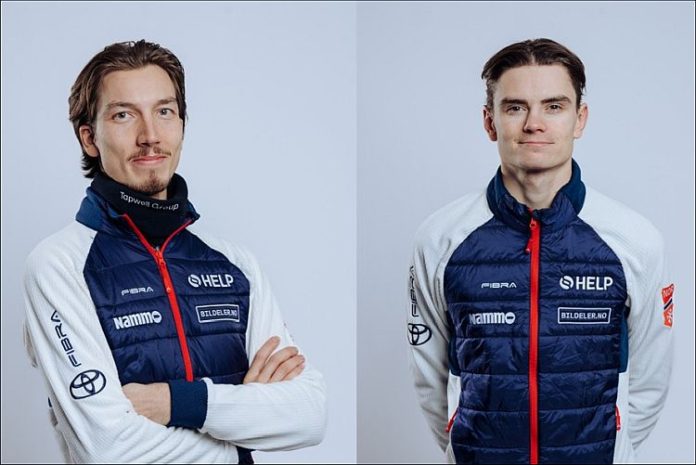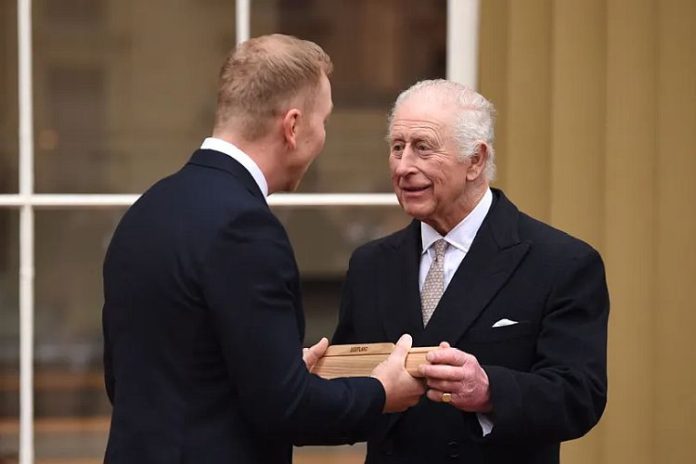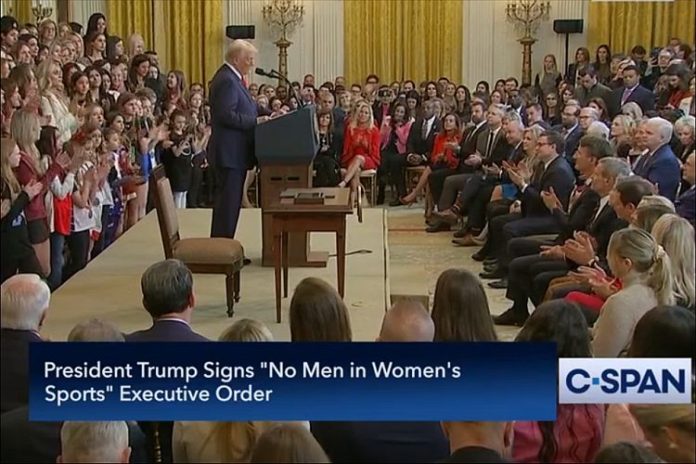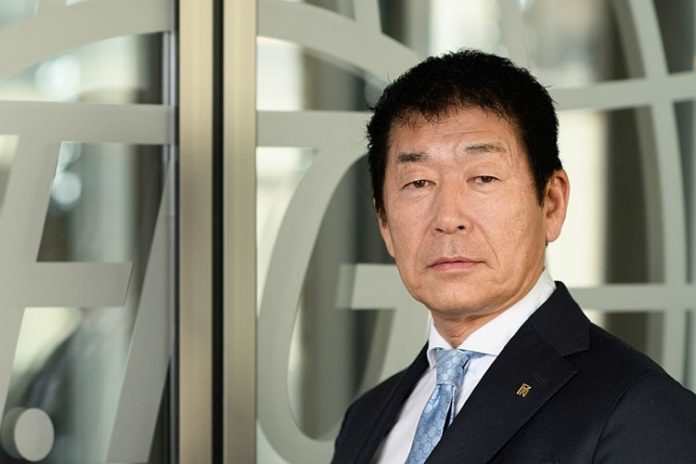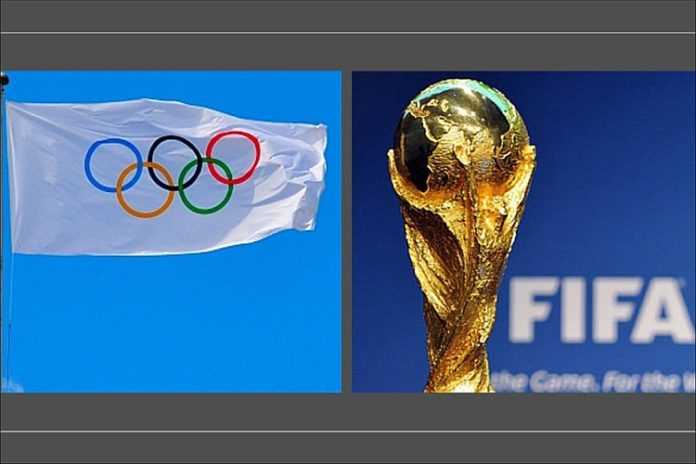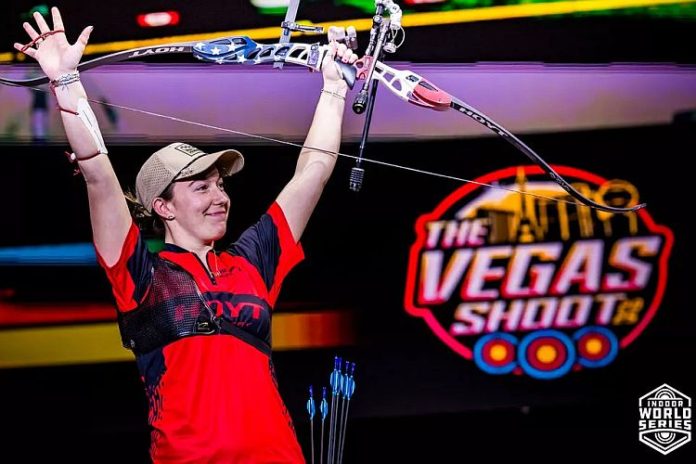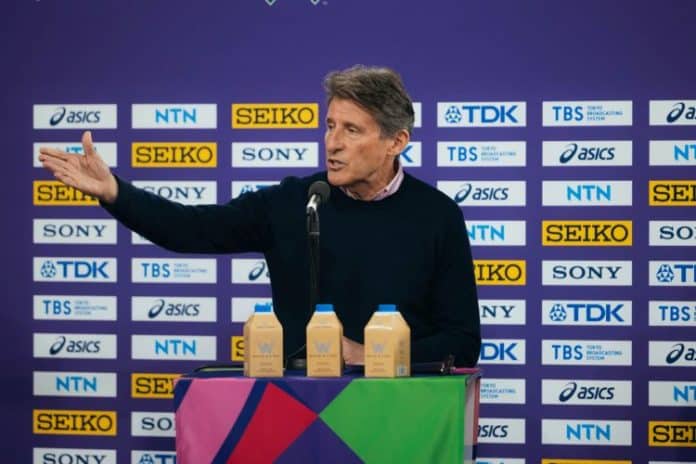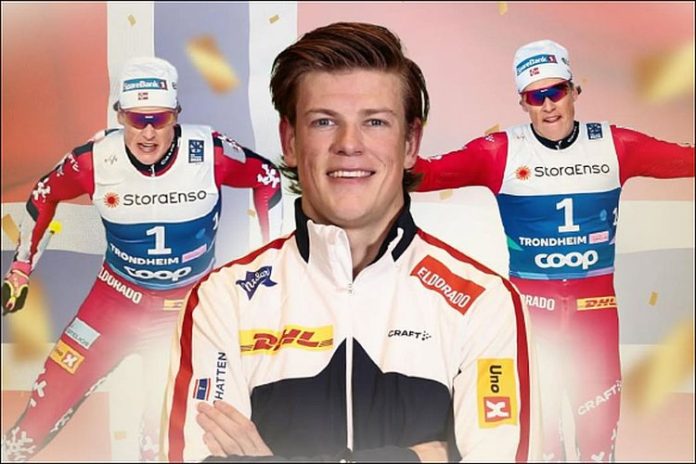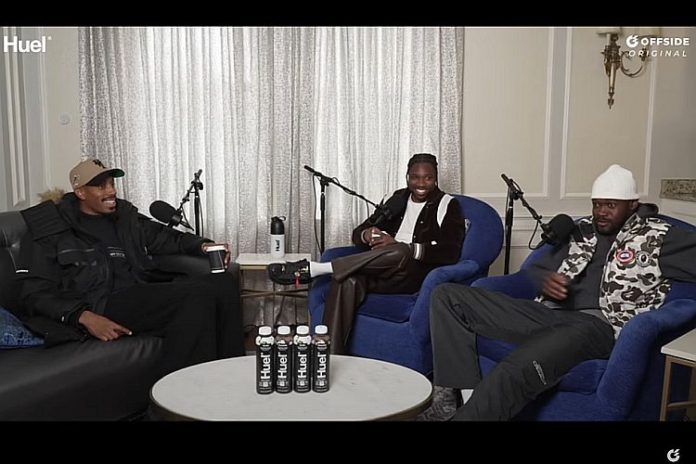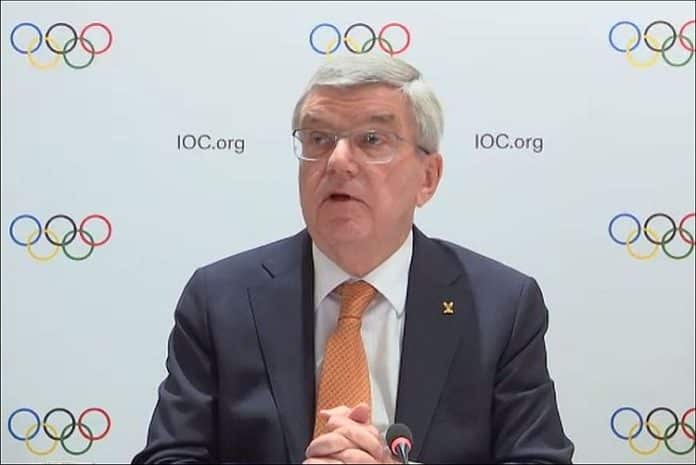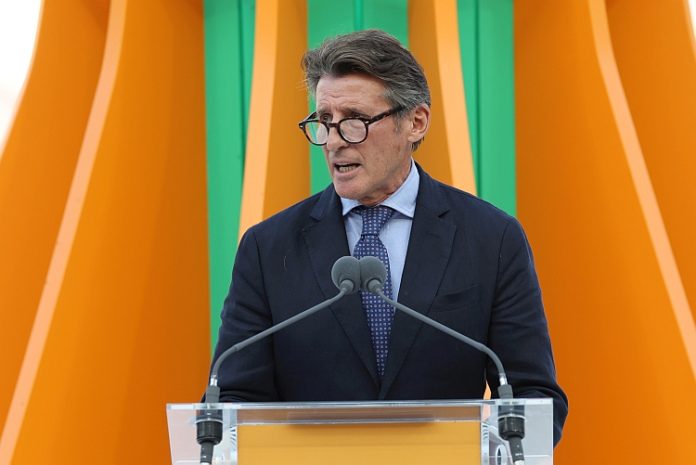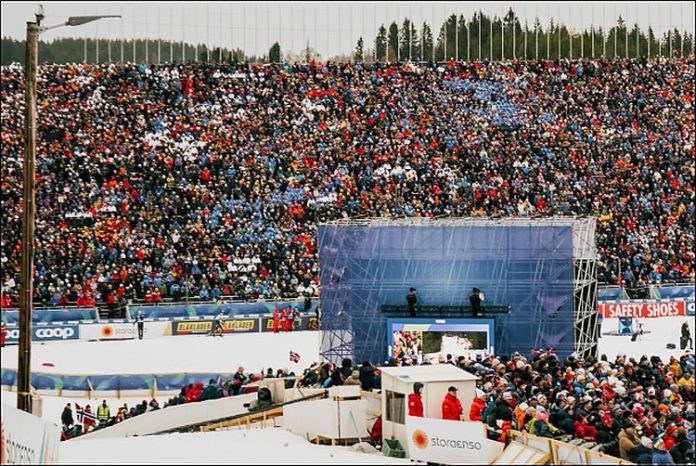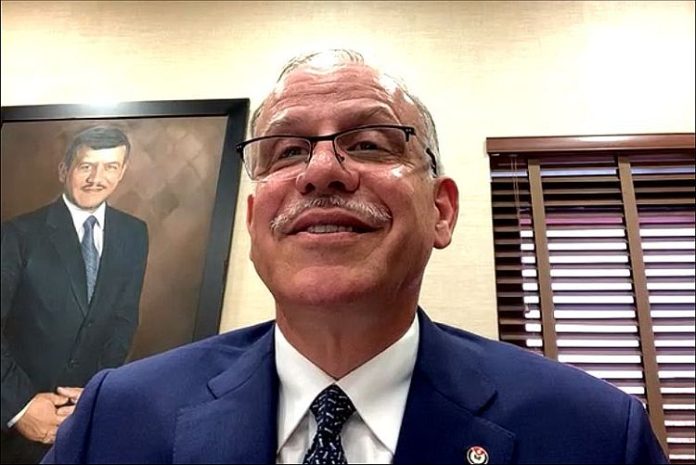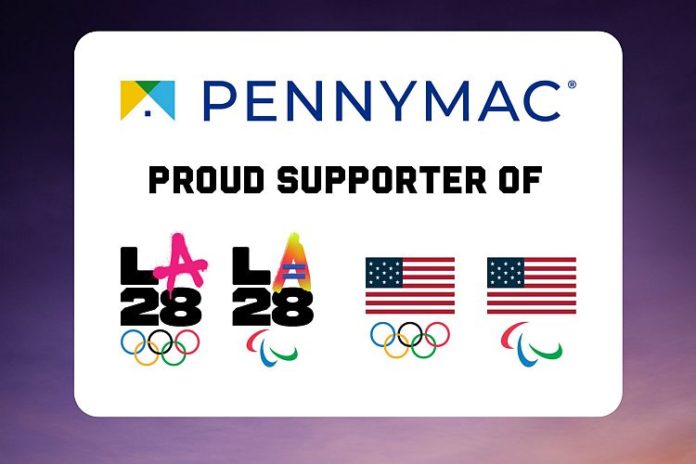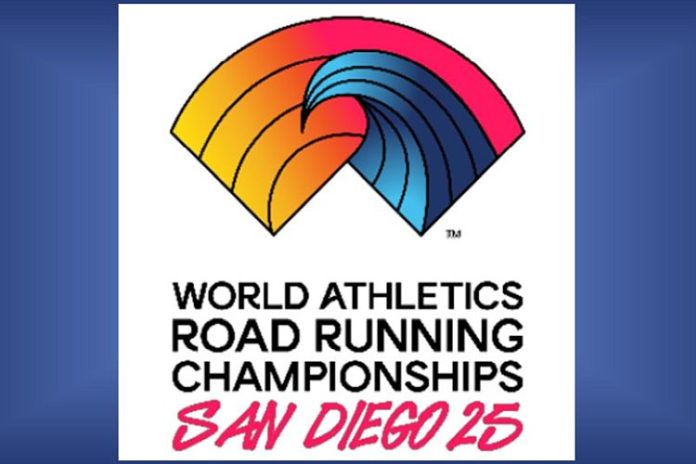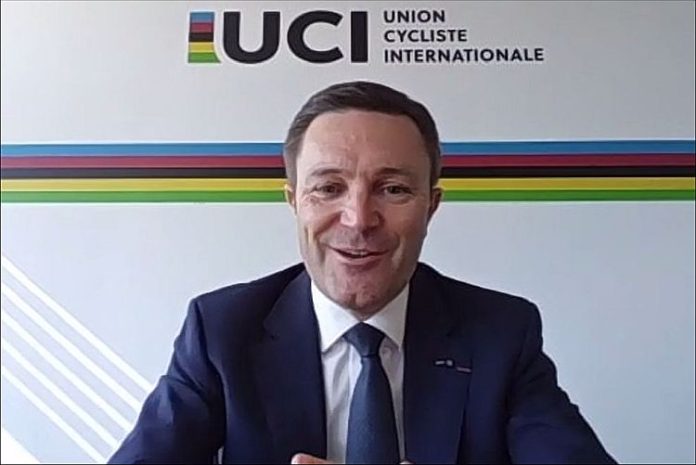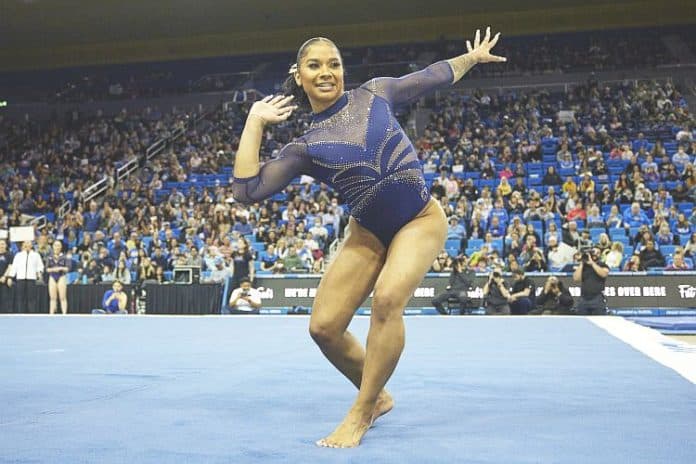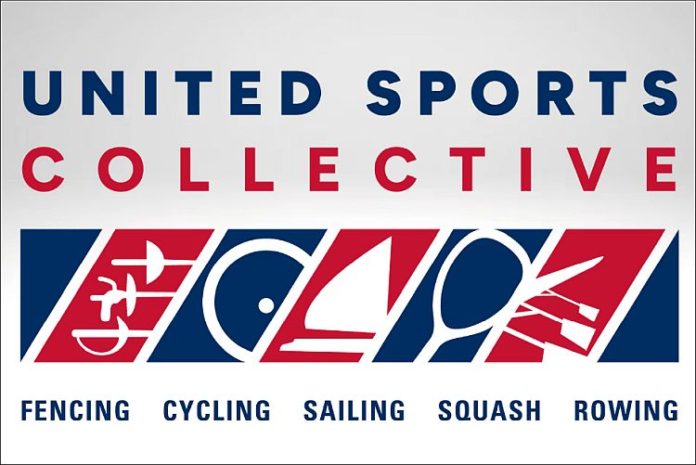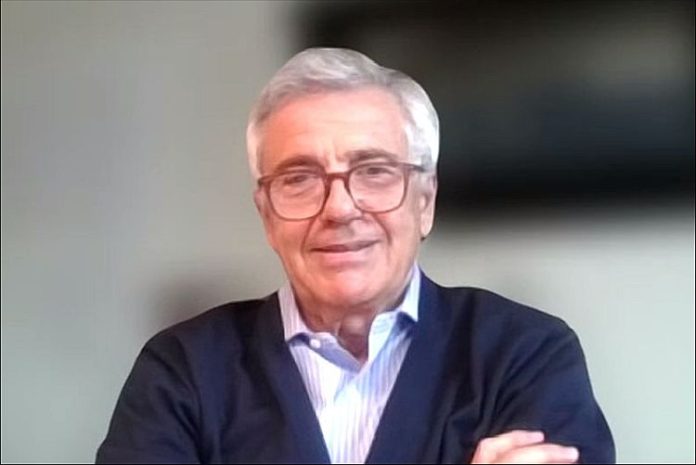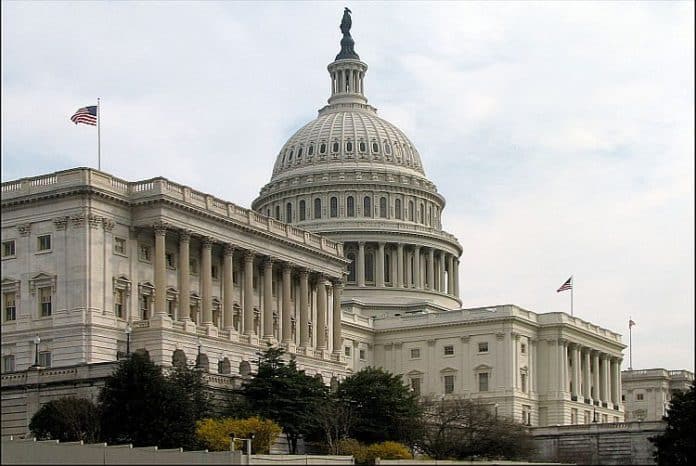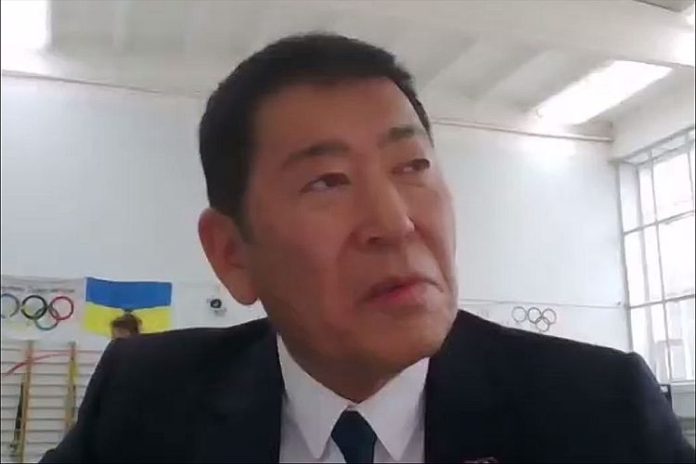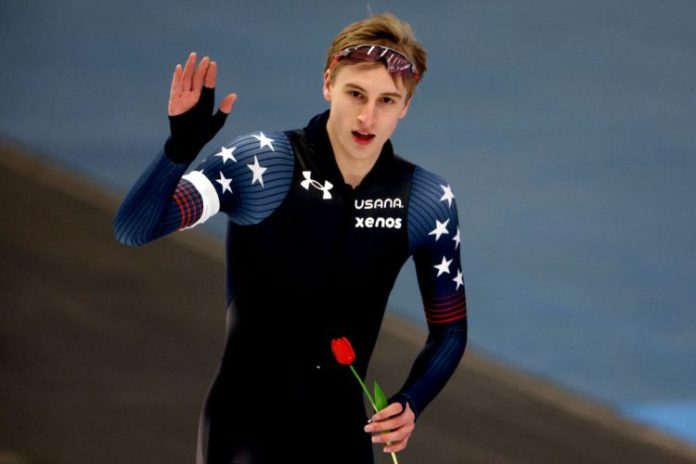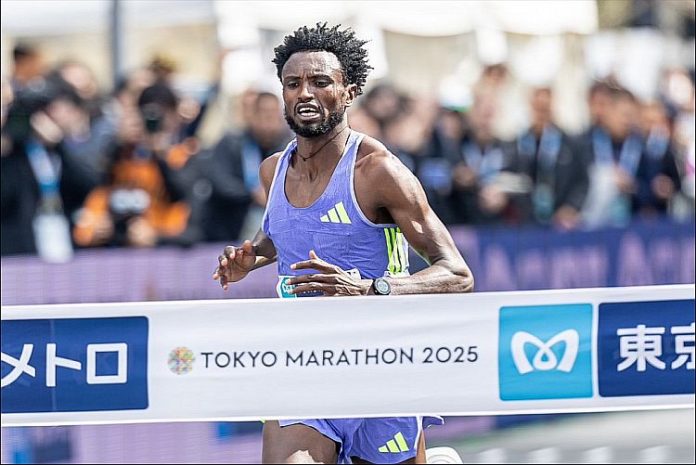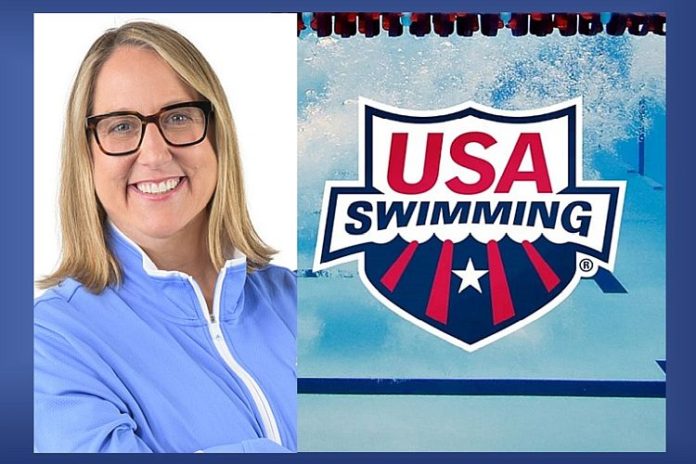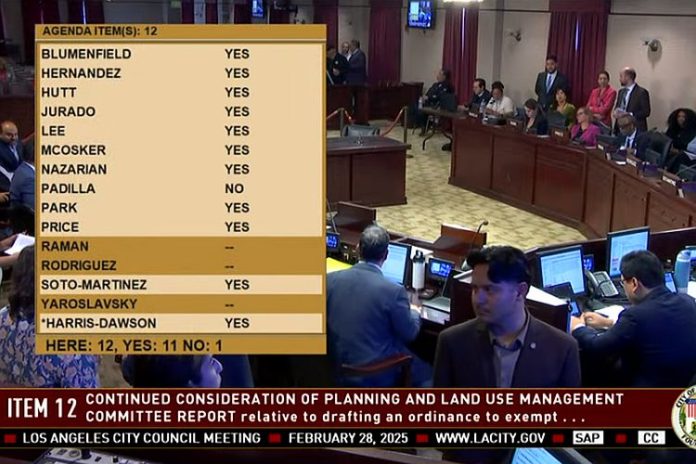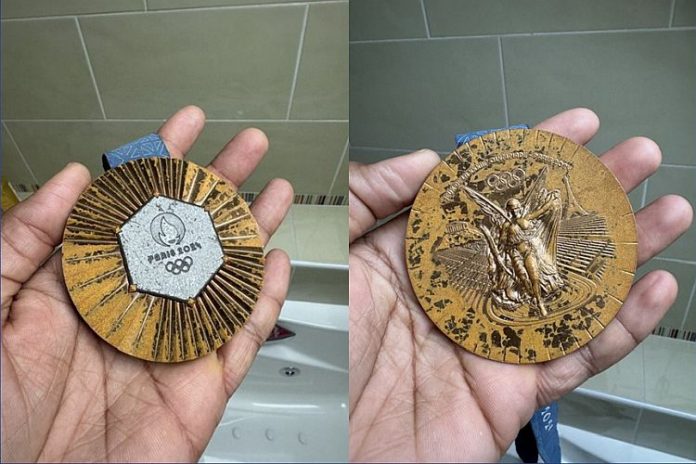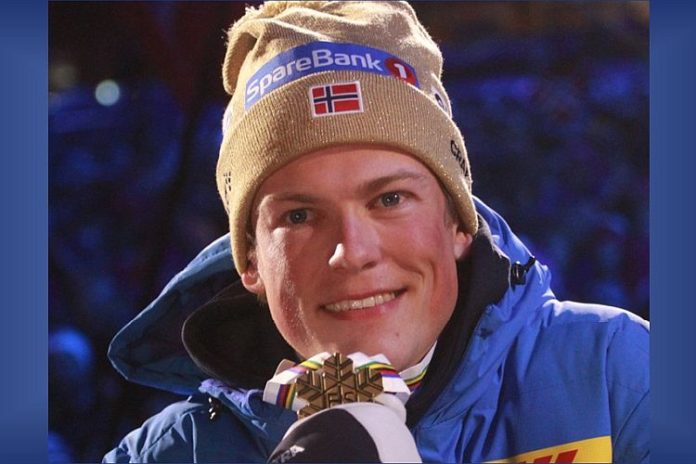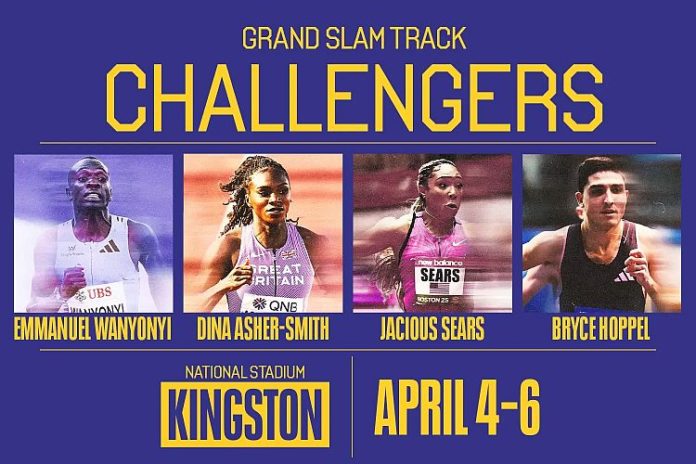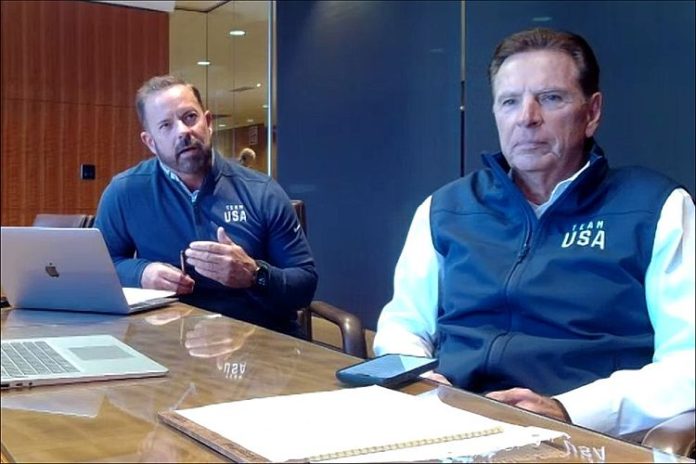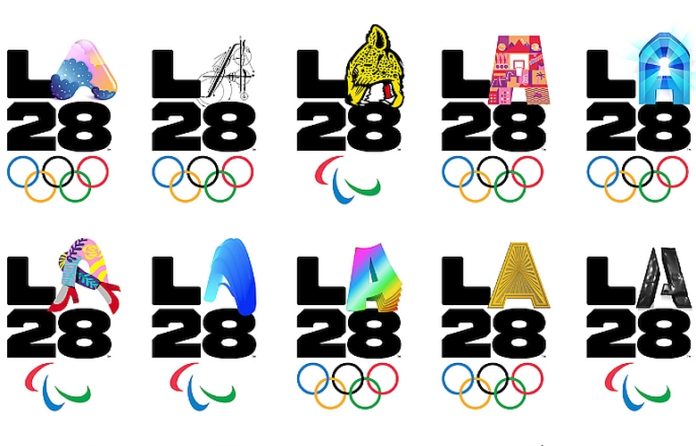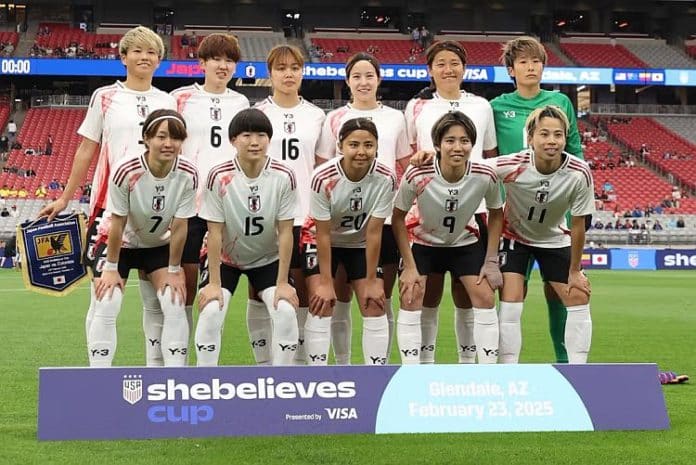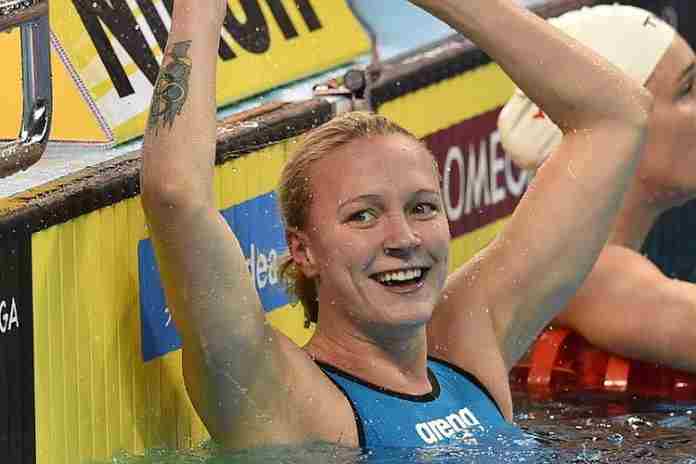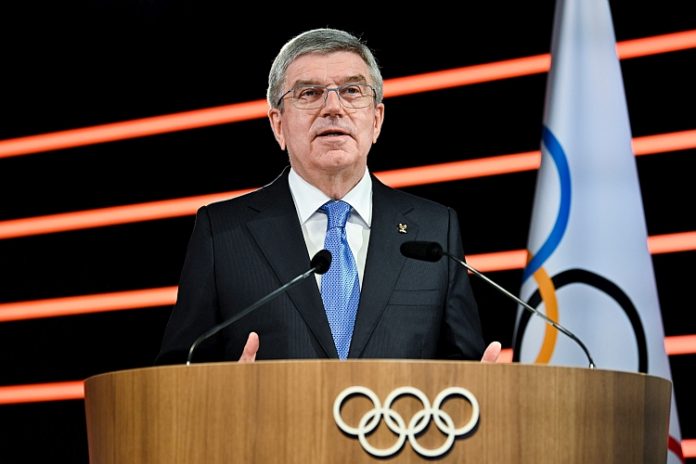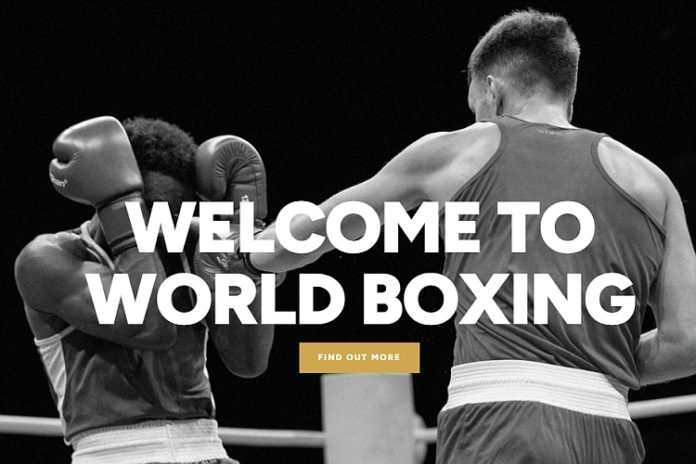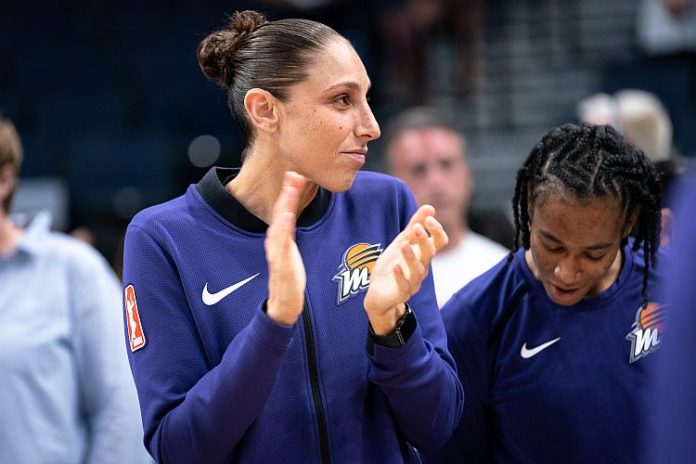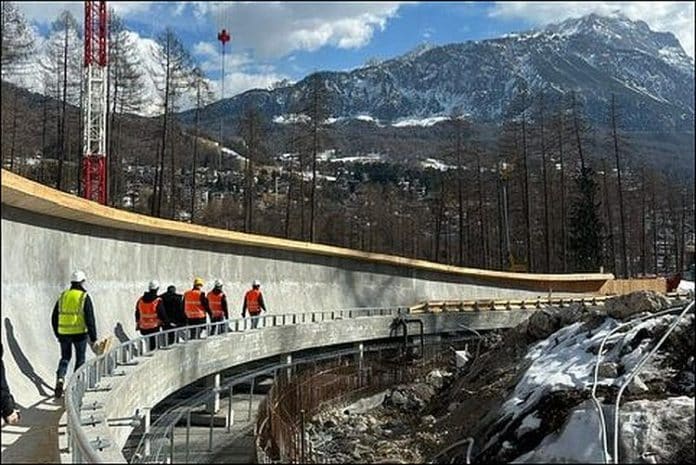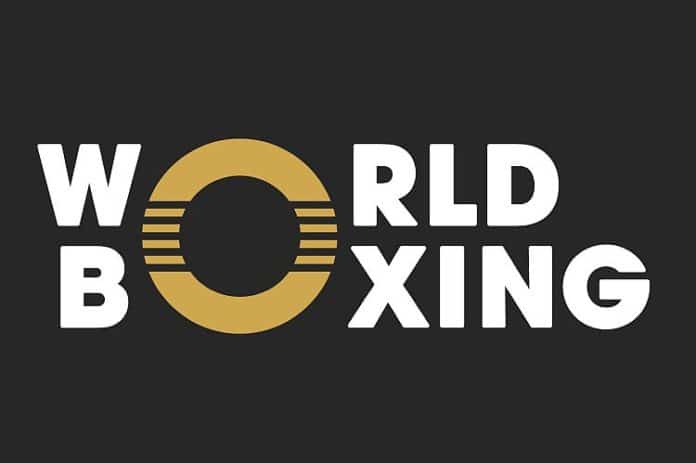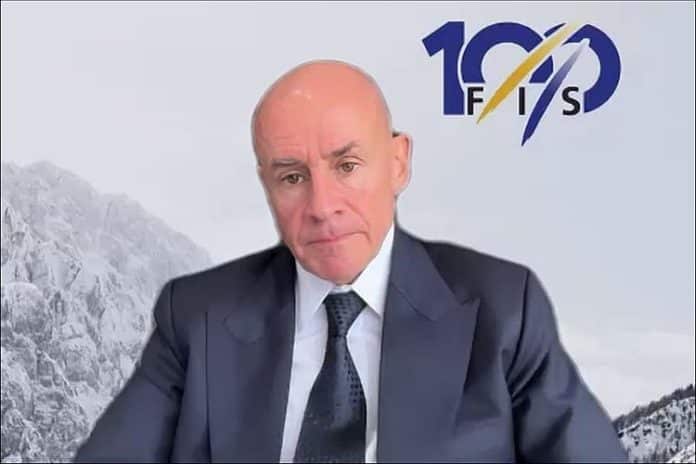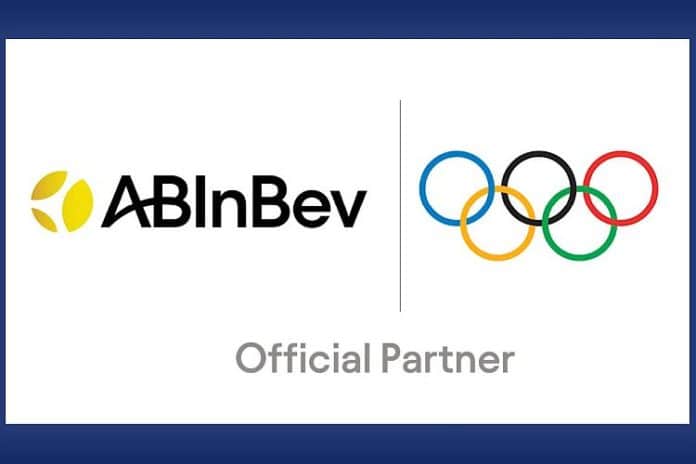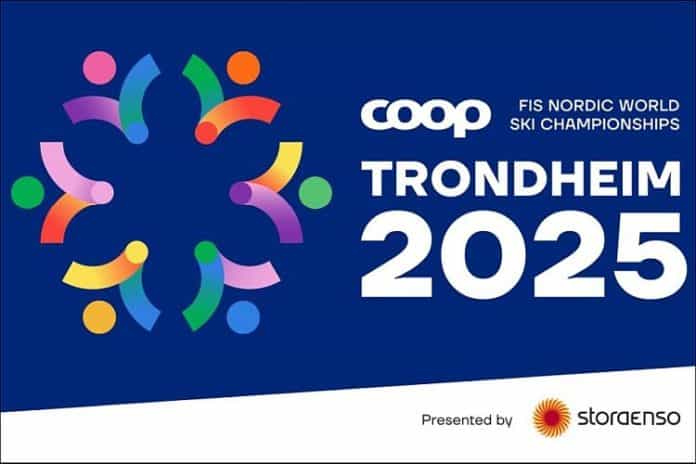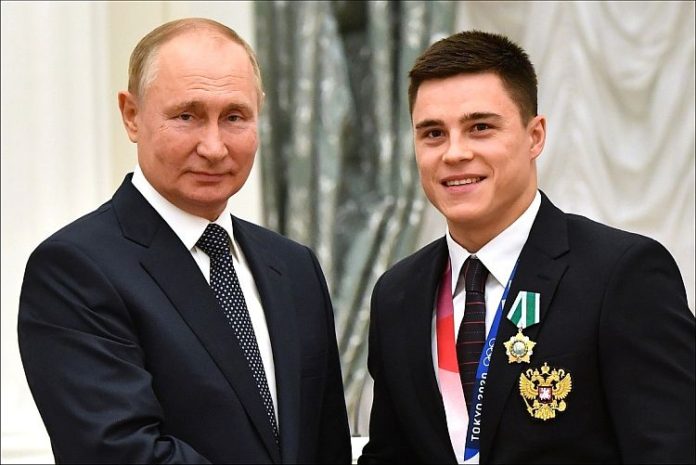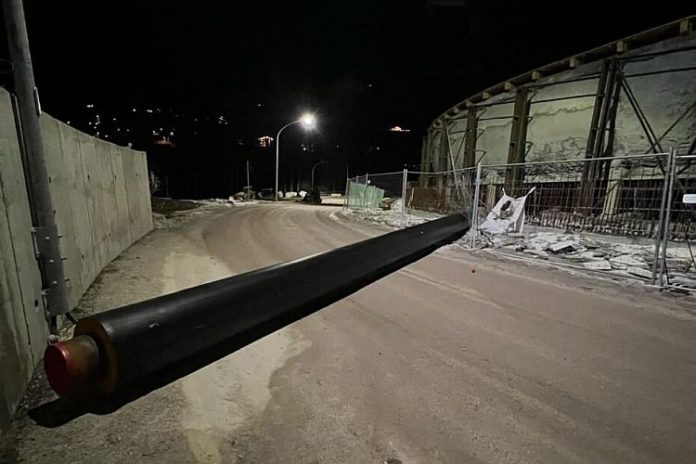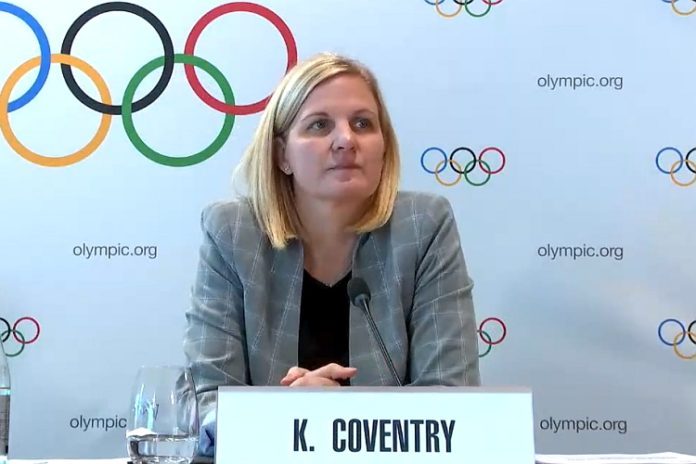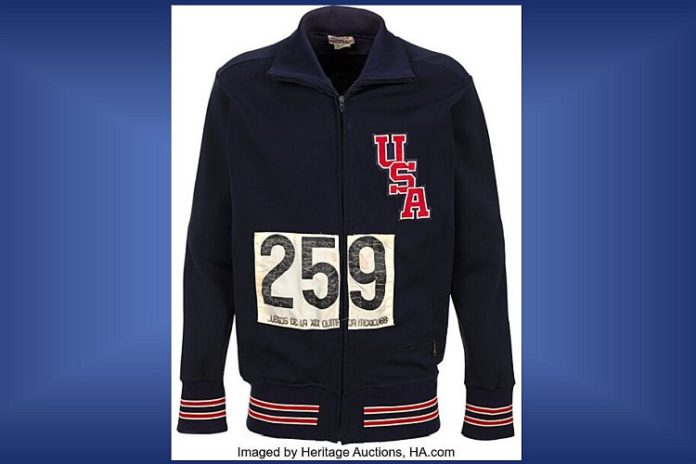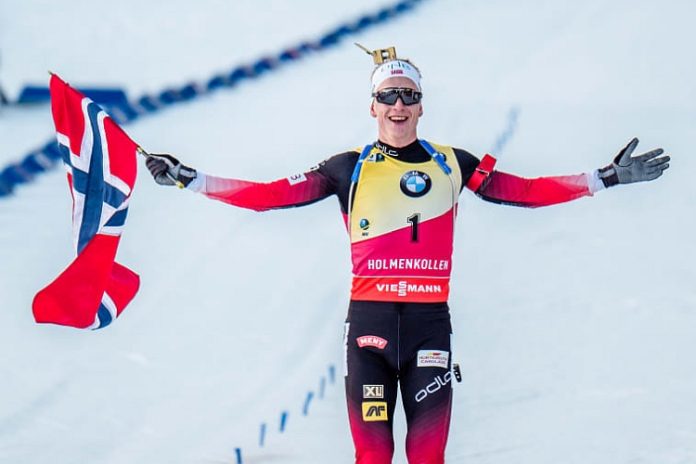★ The Sports Examiner: Chronicling the key competitive, economic and political forces shaping elite sport and the Olympic Movement.★
★ To get the daily Sports Examiner Recap by e-mail: sign up here! ★
≡ THE 5-RING CIRCUS ≡
● Olympic Winter Games 2026: Milan Cortina ● Russian Sports Minister Mikhail Degtyarev is not expecting a full-fledged “Russian team” to compete in the 2026 Winter Games. He told the Russian news agency TASS:
“We have a complicated situation regarding Milan and we have only one year left. Doors to qualifying tournaments open, leaving some of them ajar.”
“Complications are significant at the moment regarding biathlon and luge. Everything is possible regarding bobsleigh and skiing as we will have everyone who managed to break through.
“It is highly unlikely that we will be able to compete as a national team. However, we are still hoping.”
He also told TASS his opinion of the men’s Olympic ice hockey tournament:
“I am convinced that hockey without Russia is stupid. I will say more: our foreign colleagues think so too, they share it behind the scenes. They understand perfectly well where the money and spectators are. The Olympics without Russia are nothing. It won’t fly.”
● Athletics ● World Athletics President Sebastian Coe (GBR) told reporters in Nairobi (KEN) that the country’s track & field anti-doping program, despite more than 100 individuals on suspension by the Athletics Integrity Agency, is getting better:
“We are moving in the right direction,” citing “better systems in place… and we’re moving absolutely in the right direction.
“But we are coming from a little way back. We will keep faith with the system and the people I trust to challenge the scourge.”
Coe added that more suspensions will be coming, thanks to an improved detection effort, funded by the Kenyan government, which has committed to a $25 million, five-year program to eradicate doping.
● Cross Country Skiing ● An athlete-led negotiation led to the cancellation of a planned anti-oil protest at the FIS Nordic World Championships in Trondheim (NOR) on Saturday.
The Folk Mot Fossilmakta activist group had threatened to disrupt Saturday’s men’s 50 m race, but energetic work by four athletes including Americans Julia Kern and Gus Schumacher led to an agreement that included, according to FasterSkier.com:
“‘The pact calls for them to work with climate advocates on two proposals in advance of an International Ski Federation meeting in June – one to create new guidelines prioritizing event sponsors with a “genuine commitment to climate leadership,’ and another calling on the ski federation to endorse the Fossil Fuel Non-Proliferation Treaty Initiative.”
● Football ● On Friday, U.S. President Donald Trump issued an Executive Order, establishing a White House Task Force to support “[t]his important event, taking place during the momentous occasion of the 250th anniversary of our country, presents an opportunity to showcase the Nation’s pride and hospitality while promoting economic growth and tourism through sport. My Administration will support preparations through a coordinated Government effort.”
The Department of Homeland Security will provide funding and administrative support, with Trump as the head of the Task Force and Vice President J.D. Vance as Vice Chair, with the specific mission:
“The Task Force shall coordinate with executive departments and agencies (agencies) to assist in the planning, organization, and execution of the events surrounding the 2025 FIFA Club World Cup and the 2026 FIFA World Cup. Agencies shall provide information and assistance useful and necessary to the Task Force.”
An Executive Director will be appointed to support the project, with 12 Cabinet members or assistants to the President as initial members.
● Snowboard ● Former Canadian snowboard Olympian Ryan Wedding, sought in connection with multinational drug trafficking and murder, has been placed on the FBI’s Ten Most Wanted Fugitives list:
“The United States Department of State’s Narcotics Rewards Program is offering a reward of up to $10 million for information leading to the arrest and/or conviction of Ryan James Wedding.”
Considered armed and dangerous, Wedding, 43, competed for Canada at the 2002 Olympic Winter Games in Salt Lake City in the Parallel Giant Slalom event, finishing 24th. The FBI poster noted:
“Ryan James Wedding is wanted for allegedly running and participating in a transnational drug trafficking operation that routinely shipped hundreds of kilograms of cocaine from Colombia, through Mexico and Southern California, to Canada, and other locations in the United States. Additionally, it is alleged that Wedding was involved in orchestrating multiple murders in furtherance of these drug crimes.
“On September 17, 2024, a federal arrest warrant was issued for Ryan James Wedding in the United States District Court, Central District of California, Los Angeles, California, after he was charged with Conspiracy to Distribute and Possess with Intent to Distribute Controlled Substances; Conspiracy to Export Cocaine; Continuing Criminal Enterprise; Murder in Connection with a Continuing Criminal Enterprise and Drug Crime; and Attempt to Commit Murder in Connection with a Continuing Criminal Enterprise and Drug Crime.”
● Swimming ● The postscript to the withdrawal of Chrissi Rawak as the next chief executive of USA Swimming is that she will also not be continuing in her prior position as the University of Delaware athletic director.
In a Friday statement, the university stated it had “accepted Chrissi Rawak’s resignation as Director of Athletics and Campus Recreation. Her last day in this role is March 28. Jordan Skolnick will lead the department on an interim basis. Next steps and their timeline are still being determined.”
≡ RESULTS ≡
● Alpine Skiing ● More skiing history at the FIS women’s World Cup in Are (SWE) on Sunday, as American star Mikaela Shiffrin finished third in the Slalom, claiming the all-time record for most World Cup medals.
She had been in a tie with Swedish legend Ingemar Stenmark, who piled up 155 total medals from 1973-89, equaled by Shiffrin on 23 February, when she won the Slalom at Sestriere (ITA) for her 100th career World Cup win (also a record).
Now, Shiffrin stands alone with 156 World Cup podiums: 100 wins, 27 silvers and 29 bronzes.
Austria’s Katharina Truppe, 29, made some history of her own on Sunday with her first World Cup win, moving from sixth after the first run and finishing at 1:42.08, just enough to beat teammate Katharina Liensberger (1:42.13) and Shiffrin (1:42.27). Shiffrin was the leader after the first run and was only 25th on the second run and faded to third. Fellow American Paula Moltzan was sixth (1:42.78).
Italy’s Federica Brignone, the seasonal World Cup leader, won her ninth race of the season in Saturday’s Giant Slalom, posting the fastest times on both runs and finishing in 1:52.67. That was more than a second ahead of New Zealand star Alice Robinson (1:54.03) and Albania’s emerging star Lara Colturi (1:54.10). Moltzan, the Worlds bronze medalist, finished sixth in 1:54.78, with Nina O’Brien in 11th (1:55.28). Shiffrin skied out on the first run, but came back to get her record on Sunday.
¶
Italian star Dominik Paris led off the men’s World Cup in Kvitfjell (NOR) with his fifth win at that site, conquering Friday’s Downhill in 1:44.67, just ahead of seasonal leader Marco Odermatt (SUI: 1:44.99) and teammate Stefan Rogentin (1:45.30). Americans Bryce Bennett finished seventh (1:45.783) and Ryan Cochran-Siegle was 10th (1:45.89).
Saturday’s second Downhill saw World Champion Franjo van Allmen (SUI) get his third World Cup gold on the season, in 1:45.46, leading a Swiss sweep! Odermatt was second again (1:45.74) and Rogentin was third again (1:45.84). Cochran-Siegle was the top American, in 19th (1:47.13).
The Super-G on Sunday was another triumph for Paris, his 24th career World Cup win, in 1:08.98, ahead of James Crawford (CAN: 1:09.36) and Miha Hrobat (SLO: 1:09.45). Cochran-Siegle was 11th (1:09.62) and teammate Jared Goldberg (1:09.65) was 12th.
● Athletics ● A hot European Indoor Championships finished Sunday in Apeldoorn (NED), with world-leading marks in eight events:
● Men/60 m: 6.49, Jeremiah Azu (GBR)
● Men/High Jump: 2.34 m (7-8), Oleh Doroshchuk (UKR)
● Men/Triple Jump: 17.71 m (58-1 1/4), Andy Diaz (ITA)
● Men/Heptathlon: 6,558, Sander Skotheim (NOR)
● Women/60 m: 7.01, Zaynab Dosso (ITA)
● Women/4×400 m: 3:24.34, Netherlands
● Women/Shot Put: 20.69 m (67-10 3/4), Jessica Schilder (NED)
● Women/Pentathlon: 4,922, Saga Vanninen (FIN)
Azu, the 2022 European 100 m bronze winner, got his first European individual title in the 60 m and moved to equal-9th on the all-time European list. Diaz, the former Cuban star, moved to no. 5 all-time indoors with his 17.71 m triple jump winner in the fourth round.
Dosso, 25, was the 100 m European bronze winner in 2024, but has never broken 11 seconds. In Apeldoorn, she won her heat in 7.06, and semi in a seasonal best of 7.02. Then, 7.01 in the final to take the world lead.
Norway’s Jakob Ingebrigtsen won the men’s 1,500 m for the third time in a row, in 3:36.56 over Azeddine Habz (FRA: 3:36.92), and then got his third straight 3,000 m title by 7:48.37 to 7:49.41 over George Mills (GBR).
Ukraine’s Olympic champ Yaroslava Mahuchikh won the women’s high jump at 1.99 m (6-6 1/4), her third straight title in the event.
¶
Kenya’s Sheila Chepkirui, the 2024 New York City Marathon winner, took the Nagoya Women’s Marathon in Japan on Sunday, in 2:20:40. She broke away after 35 km and was a clear winner, with runner-up Sayaka Sato (JPN) finishing in 2:20:59. Natosha Rogers was the top American finisher, placing seventh in a lifetime best of 2:23:51 in just her second marathon. She’s no. 17 all-time U.S.
● Badminton ● Korea dominated the BWF World Tour Orleans Masters in Orleans (FRA), with top-seeded (and Olympic champ) Se Young An winning the women’s Singles, 21-14, 21-15 over Yu Fei Chen (CHN), Min-hyuk Kang and Dong-ju Ki (KOR) taking the men’s Doubles against Wei Keng Liang and Chang Wang (CHN), 21-13, 18-21, 21-18, and in the all-Korean women’s Doubles final, Hye-jeong Kim and Hee-yong Kong (KOR) defeated Ha-na Baek and So-hee Lee (KOR), 21-18, 23-21.
Fourth-seed Alex Lanier (FRA) won the men’s Singles over Chun-Yi Lin (TPE), 21-13, 21-18 and Denmark’s Jesper Toft and Amalie Magelund won the Mixed Doubles, 21-17, 21-13, over Rehan Kusharjanto and Gloria Widjaja (INA).
● Biathlon ● French women continued to dominate the IBU World Cup, as it resumed in Nove Mesto (CZE), winning four of six medals in the two women’s races.
Four-time Worlds relay gold medalist Astrid Tandrevold (NOR) got her first win of the season in the women’s 7.5 km Sprint in 19:13.5 (0 penalties), trailed by 2025 Sprint World Champion Justine Braisaz-Bouchet (FRA: 19:28.6/1) and Julia Simon (FRA: 19:34.4/0). Deedra Irwin was the top American, in 23rd.
On Saturday, it was 2025 Individual event World Champion Simon at the top of the podium in the 10 km Pursuit in 30:56.0 (1), well clear of Hanna Oeberg (SWE: 31:13.22) and French teammate Oceane Michelon (31:15.2/2).
The men’s 10 km Sprint winner was five-time Worlds gold medalist France’s Emilien Jacquelin in 23:13.3 (0), almost 20 seconds up on four-time Worlds medalist Tommaso Giacomel (ITA: 23:33.1/1), followed by seasonal leader Johannes Thingnes Boe (NOR: 23:34.2/2). Campbell Wright of the U.S. was ninth (23:52.0/0).
The men’s 12.5 km Pursuit was a huge win for Sweden’s 2018 Olympic runner-up Sebastian Samuelsson, by more than 26 seconds in 32:22.1 (0), with Giacomel second again (32:48.5/2) and Boe third again (33:00.8/3). Wright was ninth again (34:04.0/4).
Sunday’s relays saw France sweep both, winning the men’s 4×7.5 km in 1:16:24.3 (4) ahead of Norway (1:17:50.9/8) and taking the women’s 4×6 km in 1:11:11.1 (5), again over Norway (1:11:36.2/11).
● Bobsled & Skeleton ● The first of two weekends of the IBSF World Championships in Lake Placid, New York, was a good one for the home team, especially for Kaysha Love.
The former UNLV sprinter was a four-time women’s Monobob medalist during the World Cup season, and led at halfway by a scant 0.02. But a third-best third run left her with a bigger lead – 0.17 seconds – over Germany’s two-time defending champion Laura Nolte, who had the best third.
But Love was equal to the challenge and posted the fastest final run to finish with the Worlds gold in 3:57.82, with Nolte second in 3:58.26 (+0.44). Fellow American Elana Meyers Taylor, the Beijing 2022 Olympic runner-up, moved up to third and the bronze medal in 3:58.31. The third American, Olympic champ Kaillie Armbruster Humphries, finished eighth (3:59.50).
Love had previously won a Worlds bronze with Humphries in the 2023 Two-Woman races, but now has a gold of her own, and will be a favorite for an 2026 Olympic medal in Cortina … or perhaps back in Lake Placid, if the new sliding track under construction is not completed in time!
¶
The racing began with the men’s and women’s Skeleton racing, with Britain’s Matt Weston winning his second Worlds golds in the last three years.
Weston won the first three heats and cruised to a winning combined time of 3:35.48 at the head of a British 1-2, with Marcus Wyatt second at 3:37.38, and German Axel Jungk, the 2022 Beijing Olympic runner-up, third at 3:37.41. American Austin Florian was sixth in 3:37.65, and Daniel Barefoot was 11th (3:38.82).
Beijing Olympic bronze winner Kimberley Bos (NED) got her first Worlds gold, moving up from silver in 2024 by winning the last two heats for a total time of 3:40.06. That was 0.67 better than American Mystique Ro (3:40.73), who was second, 10th, third and third to win the silver medal, over Czech Anna Fernstaedt (3:40.81). Kelly Curtis of the U.S. was 10th (3:41.60).
Ro and Florian teamed up to win the Mixed Team title in 1:54.53, beating Britain (Weston and Tabitha Stoecker) by 0.10; China was third in 1:54.81.
¶
In the Two-Man Bob, it was the ninth Worlds gold in the last 10 editions for German star Francesco Friedrich, with Alexander Schueller for the third time, going 1-1-2-2 in the four runs for a total time of 3:39.32. That was just 0.03 better than 2023 Worlds winners Johannes Lochner and George Fleischhauer (3:39.35), who ranked 2-2-1-1 in the four runs. Adam Ammour and Benedikt Hertel completed the German sweep in 3:40.14.
American Frank Del Duca, with Charles Volker, finished fourth in 3:40.38, and Kris Horn, with Joshua Williamson or Hunter Powell, finished ninth (3:42.72).
● Cycling ● One of the famous races annually on the UCI World Tour circuit is the Strade Bianche, this year a 213 km course in and around Siena (ITA). And Slovenian superstar Tadej Pogacar defended his 2024 title and won for the third time in the last four, in 5:13:58, taking off with 19 km to go.
Britain’s Tom Pidcock, the 2023 winner, was solo in second (+1:24) and Belgian Tim Wellens (+2:12) was also alone in third.
The women’s race was also a runaway, for Dutch star Demi Vollering, who broke free with 500 m left and won the 136 km race in 3:49:04, 18 seconds up on famed teammate Anna van der Breggen, with Pauline Ferrand-Prevot (FRA) a distant third (+1:42). Vollering won for the second time, also in 2023, with van der Breggen a winner of this race in 2018.
● Fencing ● The FIE Foil World Cup series resumed in Cairo (EGY), with Italian Guillaume Bianchi scoring the men’s gold over Alexander Choupenitch (CZE), by 15-12 in the final. It’s the second career World Cup win for Bianchi.
Italy won the men’s team title over the U.S. quartet of Miles Chamley-Watson, Nick Itkin, Gerek Meinhardt and Marcello Oliveras, 45-35.
Paris Olympic bronzer Eleanor Harvey of Canada got her first career World Cup win in the women’s final, defeating Italy’s 2014 Worlds silver winner, Martina Batini, 15-12. Harvey had to defeat five Italian opponents in a row to win!
Italy won the women’s title, again over the U.S. (Mikayla Chusid, Lee Kieffer, Jaelyn Liu and Katerina Lung), 45-36.
At the men’s Sabre World Cup in Padua (ITA), France’s Jean-Philippe Patrice won his first career World Cup with a 15-10 win in the final against Italian Michele Gallo, by 15-10. Patrice got a second win in the team final, helping France to a 45-39 win over the U.S. squad of Silas Choi, Daryl Homer, Walter Ji Cody and Mitchell Saron.
Japan’s two-time World Champion Misaki Emura won the women’s Sabre World Cup in Heraklion (GRE), getting past Yoana Ilieva (BUL), 15-11. China defeated France in the team final, 45-42.
● Gymnastics ● The second FIG Artistic Apparatus World Cup was in Baku (AZE), with four wins for Japan, and one for the U.S.
Kazuki Matsumi (Parallel Bars: 14.200) and Matrumi Kazuji (Horizontal Bar: 14.100) got Japan’s wins on the men’s side, and Haruka Nakamura (Beam: 13.433) and Rina Kishi (Floor: 13.066) won for the women.
The U.S. went 1-2 on the Pommel Horse, with Brandon Dang making his World Cup debut with a victory at 14.633, followed by Patrick Hoopes (14.533). The home crowd was thrilled with a win for Nikita Simonov on Rings (14.233) and American Alex Diab was third (13.766).
Neutral athletes from Belarus won two events: Yahor Sharamkou took the men’s Floor (14.600) and Alena Tsitavits won the women’s Uneven Bars (13.400).
But the most popular winner was probably 49-year-old Oksana Chusovitina (UZB), who won the women’s vault at 13.516, with one of her favorites, the 1.5-twisting Tsukahara!
● Judo ● The IJF World Tour Linz Grand Prix, in Linz (AUT) featured a happy double win for the Esposito family, as Italian brothers Giovanni Esposito (27) won the men’s 73 kg class and 30-year-old Antonio Esposito took the men’s 81 kg class!
Georgia scored two wins on Sunday, with Giorgi Jabniaashvili taking the men’s 90 kg class and Tokyo Olympic silver medalist Guram Tushishvili winning a major battle with two-time Olympic champion Lukas Krpalek (CZE) at +100 kg.
Japan scored victories with Yamado Fukuda (JPN) in the men’s 60 kg division, and Iroha Oi (JPN) won the women’s 52 kg class.
The U.S. got a bronze in the women’s 48 kg class, thanks to Maria Celia Laborde.
● Nordic Skiing ● He did it! Norway’s Johannes Hoesflot Klaebo completed a clean sweep of the FIS Nordic World Championships in cross country, winning Saturday’s men’s 50 km Mass Start Freestyle for his fourth individual win, plus two relays: six golds in six races!
Klaebo took control on the final lap and win by daylight in 1:57:47.1, ahead of Swede William Ponomaa (1:57:49.2) and Norwegian teammate Simen Krueger (1:57:55.6). Klaebo, still just 28, has now won 15 World Championships golds in his career and 18 Worlds medals in all. He said afterwards:
“I don’t have any words. This is way more than I expected and dreamed of, so it’s unbelievable.
“I feel like I’ve been working so hard to just be here and be in by best shape and managing that and being able to win six out of six… it’s just crazy.
“I feel like the crowd really helped me out there. I was struggling on lap three there. But I managed to stay on the back of the pack and was helped by the thousands of people out there. I feel like I’ve said this every day, but this has been the best day so far. Winning the 50K – I was so close two years ago, disqualified four years ago – it’s been a crazy journey.”
Klaebo claimed a record for the most golds ever in a single Worlds, eclipsing the five by Russian Yelena Valbe (RUS) in 1997.
On Sunday, the women’s 50 km Freestyle Mass Start completed a six-event sweep for Sweden (!), with Frida Karlsson getting her second gold (also in the relay) in 2:24:55.3, barely ahead of Norway’s Heidi Weng (2:24:57.4) and Therese Johaug (2:24:58.2). It’s Karlsson’s 13th career Worlds medal, but first individual gold; Johaug won four medals in Trondheim (0-3-1) and now has 23 career Worlds medals (14-5-4).
The U.S. entries were closely bunched, with Julia Kern 19th (2:42:05.5), Sophia Laukli in 21st (2:41:59.9), Jessie Diggins in 22nd (2:42:14.3) and Alayna Sonnesyn in 23rd (2:42:38.9).
In the women’s 4×7.5 km relay held on Friday, Sweden took the title at 1:15:41.5, barely ahead of Norway (1:15:42.2), with Germany well back in third (1:16:54.9). The U.S., with Rosie Brennan, Kern, Laukli and Diggins, was sixth in 1:19:02.6.
¶
The Nordic Combined program concluded on Saturday with a second individual gold for the retiring Jarl Magnus Riiber (NOR), who won the Large Hill and 10 km race in front of a thrilled home crowd in 24:57.5, way ahead of teammate Jorgen Graabak (26:08.2) and German Vinzenz Geiger (26:08.6). Ben Loomis was the top American, in 23rd (29:14.5).
For Riiber, his four medals in Trondheim (3-0-1) conclude his Worlds career with 15 medals: 11 golds, three silvers and a bronze, as one of the greatest – if not the greatest in the event.
The men’s Team Large Hill event on Friday was a clear win for Germany, in 50:37.7, anchored by Geiger and starting with 33-year-old Johannes Rydzek, who won his seventh career World Championships gold. Austria was second at 50:44.5 and Norway – with Riiber on anchor – won bronze at 52:17.5. The U.S. was eighth, with Erik Lynch, Stephen Schumann, Niklas Malacinski and Loomis (54:33.3).
¶
Slovenia dominated the final two days of the Ski Jumping competitions, starting with a win for teen star Nika Prevc, who followed up her Normal Hill win with a gold in the Large Hill final (138 m), scoring 150.9 to out-pace Selina Freitag (GER: 136.7) and Norway’s Eirin Kvandal (132.4).
Paige Jones was the top American, in 23rd (80.2).
On Saturday, the men’s Large Hill final made it a family affair as Prevc’s older brother, Domen Prevc, won his second gold of the Championships – also in the Team event – scoring 301.8, ahead of Austria’s Jan Hoerl (286.6, his third medal) and Japanese star Ryoyu Kobayashi (284.7). Tate Frantz of the U.S. was 14th (248.4).
Out of seven events in jumping, the Prevcs won six medals between them!
¶
All together, Norway put together a sensational performance in front of a huge home crowd, winning 33 medals (14-11-8) to 12 for Sweden (7-1-4) and 11 for Germany (1-4-6). The U.S. won four medals in all: three silvers and a bronze.
● Ski Mountaineering ● Swiss star Remi Bonnet won his second event at the ISMF World Championships in Morgins (SUI), taking the Individual Race in 1:33:07.4, more two minutes ahead of Davide Magnini (ITA: 1:35:30.6) and more than five minutes up on bronze winner Xavier Gachet (FRA: 1:38:57.6). David Sinclair was the top American, in 18th (1:46:35.3).
Bonnet won the Vertical Race earlier, repeating his double from 2023. He now has six career Worlds golds.
The women’s Individual Race was the first Worlds medal and first Worlds gold for Sweden’s Tove Alexandersson, who won in 1:34:01.8, far in front of French stars Axelle Gachet Mollaret – the defending champion – (1:36:03.5) and Emily Harrop (1:40:43.1). Jessie Young was the top U.S. finisher, in 16th (1:52:31.5).
The Team Race was a French sweep, with Gachet and William Bon Mardion taking the men’s race in 2:12:42.1, ahead of Bonnet and Aurelien Gay (SUI: 2:13:33.4), with the U.S. in 10th (Sinclair and Cameron Smith: 2:25:31.5).
Gachet Mollaret and Celia Pressley-Pessey won the women’s Team Race in 2:20:46.8, well ahead of Lisa Moreschini and Alba de Silvestro (2:22:04.6). Sarah Burke and Kelly Wolf of the U.S. were ninth (2:50:21.1).
● Snowboard ● At the FIS Snowcross World Cup in Gudauri (GEO), Austria’s Jakob Dusek got his second win of the season on Saturday, beating Adam Lambert (AUS) and 2022 Olympic runner-up Eliot Grondin (CAN) to the line.
Sunday’s second event saw France’s Julien Tomas get his first medal and first win of the season, ahead of Lukas Pachner and Loan Bozzolo (FRA).
France’s Julia Pereira de Sousa Mabileau, the 2018 Olympic silver winner, got her first win of the season in the first women’s final, ahead of teammate Lea Casta, who won her third World Cup silver in a row! Italy’s Michaela Moioli, the 2018 Olympic Champion, finished third, for her second medal of the season.
On Sunday, Britain’s 2021 World Champion, Charlotte Bankes, got her fifth win of the season – out of seven events so far – over Mabileau and Casta, and retained her seasonal points lead.
● Swimming ● The Tyr Pro Swim Series opener for 2025 was in Westmont, Illinois, with Paris Olympian Shaine Casas of the U.S. and World Aquatics women’s swimmer of the year Summer McIntosh (CAN) the big stars.
Casas, who finished fifth in Paris in the men’s 200 m Medley, was brilliant, winning six events:
● 100 m Free: 48.31 (world leader)
● 200 m Free: 1:47.17
● 50 m Back: 24.23 (world leader)
● 100 m Back: 53.43
● 200 m Back: 1:58.51
● 100 m Fly: 50.82 (world leader)
He said after his fourth win:
“I’m pretty tired. It feels great, I’ve been training really hard and this is a new set for me, so I’m just sticking to the process and trusting what my coach has planned for me. [My training] has changed a lot [since Paris] …I’m just working towards L.A.”
McIntosh, the triple gold medalist in Paris and still 18, was brilliant, winning the 200 m Fly in 2:04.00, the no. 8 performance of all-time, as well as the two Medleys. She won the 200 Medley in 2:07.42 and the 400 Medley in 4:26.98, the no. 4 performance ever! All three were world-leading performances in 2025.
Australia’s Sam Short, the 2023 World 400 m Free champ, won the men’s 400 m (3:44.83) and 800 m (7:45.02) Freestyles, and Aruba’s Mikel Schreuders took the 50 m Free (22.13) and the 50 m Breast, in a tie with South Africa’s Michael Houlie (27.08).
American sprint star Michael Andrew won the 100 m Breast in 1:00.85 and the 50 m Fly in 23.57, and Carson Foster, the 400 m Medley Olympic bronze winner in Paris, won the Medleys, at 1:57.04 for the 200 and 4:09.51 for the 400.
Beyond McIntosh, U.S. stars Kate Douglass and Regan Smith were busy. Douglass, the Olympic 200 m Breast gold medalist, won the 50 m Free (24.62) over Rio 2016 100 m Free co-champ Simone Manuel (24.79), then took the 100 m Breast (1:06.51), 200 m Breast (2:22.60 world leader) and 50 m Fly (25.71).
Smith won the 100 m Back (58.64 world leader), the 200 m Back (2:08.33 world leader), the 100 m Fly (56.85 world leader) and was second to McIntosh in the 200 m Fly. Manuel was busy as well, winning the 100 m Free (53.23 world leader), the 200 m Free (1:58.54) and finishing second to Douglass in the 50 Free and second to Smith in the 100 m Fly.
¶
★ Receive our exclusive, weekday TSX Recap by e-mail by clicking here.
★ Sign up a friend to receive the TSX Recap by clicking here.
★ Please consider a donation here to keep this site going.
For our updated, 895-event International Sports Calendar for 2025 and beyond, by date and by sport, click here!





















